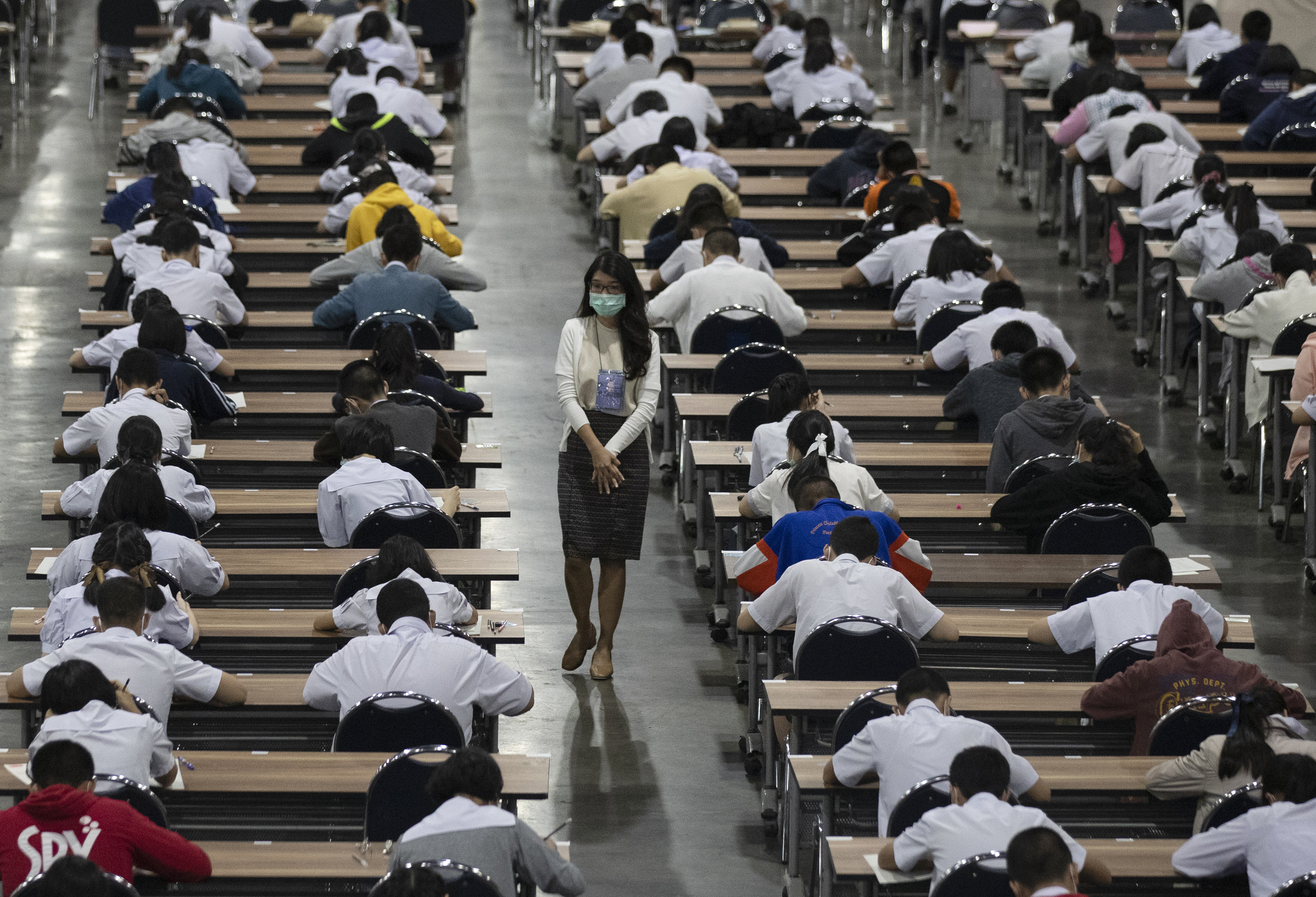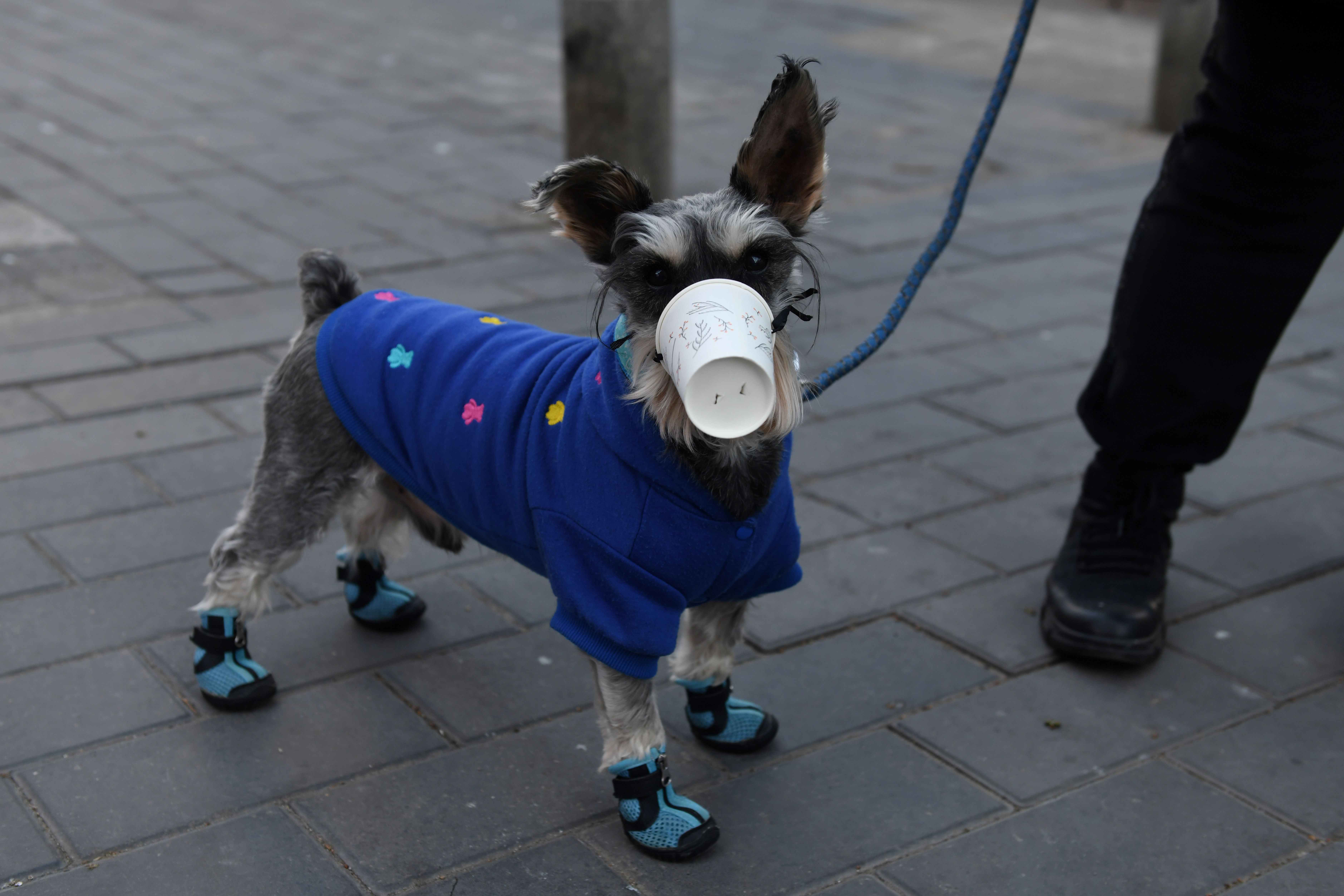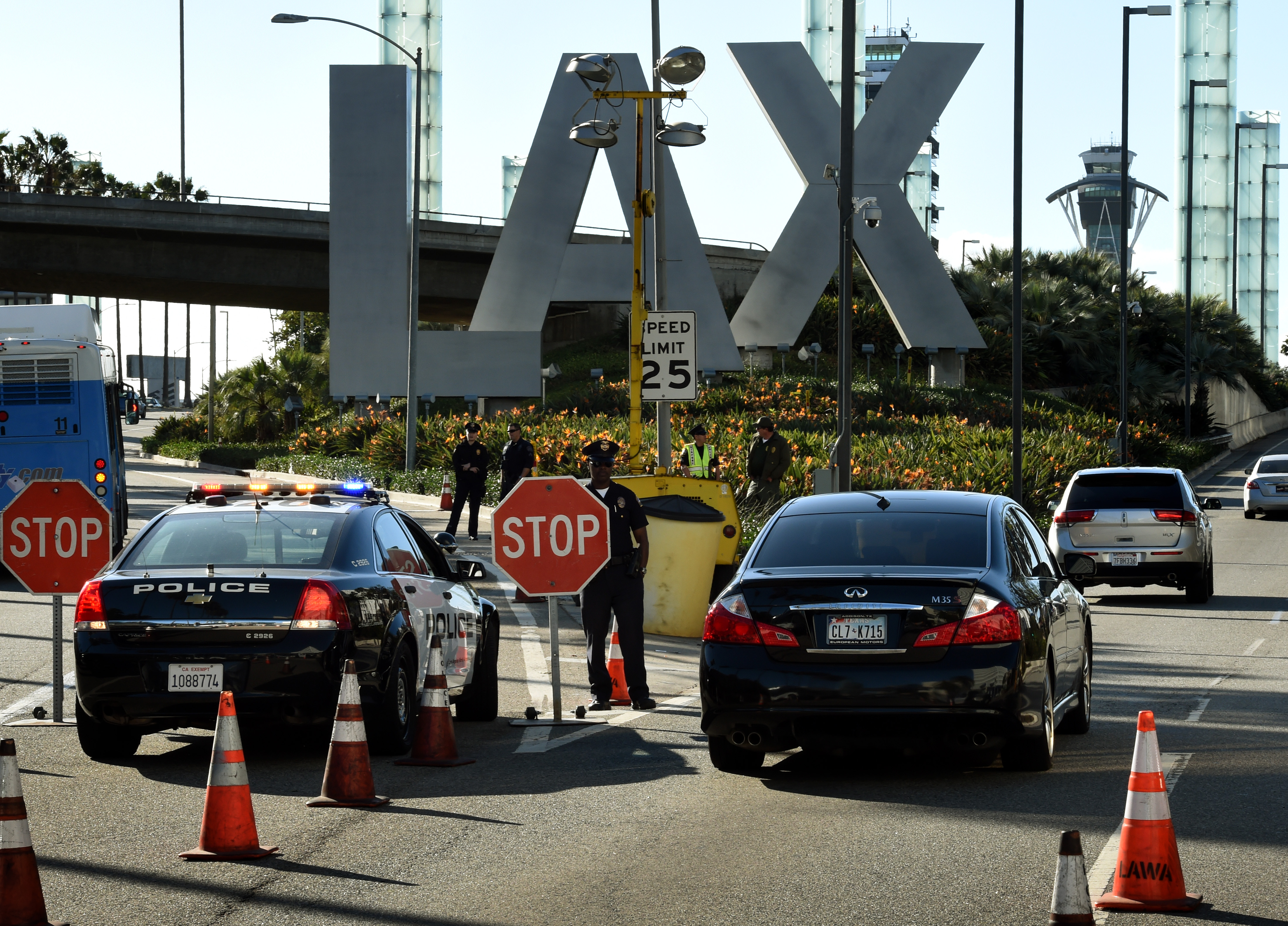Scrambling to keep the coronavirus at bay, officials ordered a cruise ship with 3,500 people aboard to stay back from the California coast Thursday until passengers and crew can be tested, after a traveler from its previous voyage died of the disease and at least three others became infected.
A military helicopter lowered test kits onto the 951-foot Grand Princess by rope as the vessel lay at anchor off Northern California, and authorities said the results would be available on Friday. Princess Cruise Lines said fewer than 100 people aboard had been identified for testing.
“The ship will not come on shore until we appropriately assess the passengers,” California Gov. Gavin Newsom said.
The precaution was prompted by the death of a Sacramento-area man who succumbed to the coronavirus after he had been on an earlier sailing of the ship, in February. Two other passengers from that voyage have been hospitalized with the virus in Northern California, and a Canadian man in his 60s who sailed aboard the ship last month tested positive after returning home to an area outside Toronto, officials said.
Meanwhile, the U.S. death toll from the coronavirus climbed to 12 on Thursday, with all but one of the victims in Washington state, and the number of infections swelled to over 200, scattered across 18 states. Colorado and Nevada reported their first cases. Nine of the dead were from the same suburban Seattle nursing home, now under federal investigation.
Families of nursing home residents voiced anger Thursday after receiving conflicting information about the condition of their loved ones. One woman was told her mother had died, then got another call from a staffer who said she was doing well, only to find out she had, in fact, died, said Kevin Connolly, whose father is also a resident of the facility.
“This is the level of incompetence we’re dealing with,” Connolly said.
Around the country, New York’s mayor implored the federal government to send more test kits to his state, which saw its caseload double overnight to 22, all of them in or near the city. In Rhode Island, about 200 people were quarantined because of their connections to a school trip to Italy that has so far resulted in three cases of the coronavirus. Amid four cases in Florida, Gov. Ron DeSantis said the risks remain low for most people planning trips to the state for spring break or baseball’s spring training.
On Wall Street, fears about the outbreak led to a sharp selloff, with the Dow Jones Industrial Average falling 970 points, or 3.6 percent. The drop extended two weeks of wild swings in the market, with stocks fluctuating 2 percent or more for the fourth day in a row.
Princess Cruise Lines said that no cases of the virus had been confirmed among those still on the ship. But dozens of passengers have had flu-like symptoms over the past two weeks or so, said Mary Ellen Carroll, executive director of San Francisco’s Department of Emergency Management.
“Once we have results from the tests,” she said, authorities “will determine the best location for the ship to berth.”
The ship was returning to San Francisco after visiting Hawaii. Some of the passengers remained on board after sailing on its previous voyage, to the Mexican ports of Puerto Vallarta, Manzanillo, Mazatlan and Cabo San Lucas.
A passenger from the Mexico voyage, Judy Cadiz of Lodi, California, said she and her husband became ill afterward but did not given it much thought until learning a fellow traveler had died of the virus. Now they cannot get a straight answer about how to get tested, she said.
With Mark Cadiz, 65, running a fever, the couple worries not only about themselves, but about the possibility that — if they contracted the infection — they could have passed it on to others.
“They’re telling us to stay home, but nobody told me until yesterday to stay home. We were in Sacramento, we were in Martinez, we were in Oakland. We took a train home from the cruise,” Judy Cadiz said Thursday. “I really hope that we’re negative so nobody got infected.”
The coronavirus has infected nearly 98,000 people worldwide and killed over 3,300, the vast majority of them in China.
U.S. health officials said they expect a far lower death rate than the World Health Organization’s international estimate of 3.4% — a rate admittedly too high because it doesn’t account for mild cases that go uncounted.
Assistant Health Secretary Brett Giroir cited a model that included mild cases to say the U.S. could expect a death rate somewhere between 0.1% — like seasonal flu — and 1%. The risk is highest for older people and anyone with conditions such as heart or lung disease, diabetes or suppressed immune systems, such as from cancer treatments.
At least 70 coronavirus cases have been reported in Washington state, most them in the Seattle area, where researchers say the virus may have been circulating undetected for weeks.
Some major Seattle-area businesses, including Microsoft, Amazon and outdoor gear manufacturer REI, have shut down some operations or urged employees to work from home, while the 22,000-student Northshore district announced it will close for up to two weeks as a precaution. The two tech giants together employ more than 100,000 people in the region.
With many commuters off the road, traffic on the Seattle area’s notoriously congested freeways was much lighter Thursday.
Seattle’s King County is buying a motel for $4 million to house coronavirus patients and hopes to have the first of them in place within days at the 84-room EconoLodge in Kent, about 20 miles (32 km) from Seattle. The rooms’ doors open to the outside rather than to a central hallway, reducing the likelihood of contact between patients.
The plan ran into resistance from local leaders, including Kent Police Chief Rafael Padilla, who called it “ill-advised and dangerous” and warned: “At any point a patient can simply walk into our community and spread the virus.”
Federal health authorities have launched an investigation of the nursing home at the epicenter of the nation’s worst outbreak, the Life Care Center in Kirkland, to determine whether it followed guidelines for preventing infections. Last April, the state fined it $67,000 over infection-control deficiencies after two flu outbreaks.




